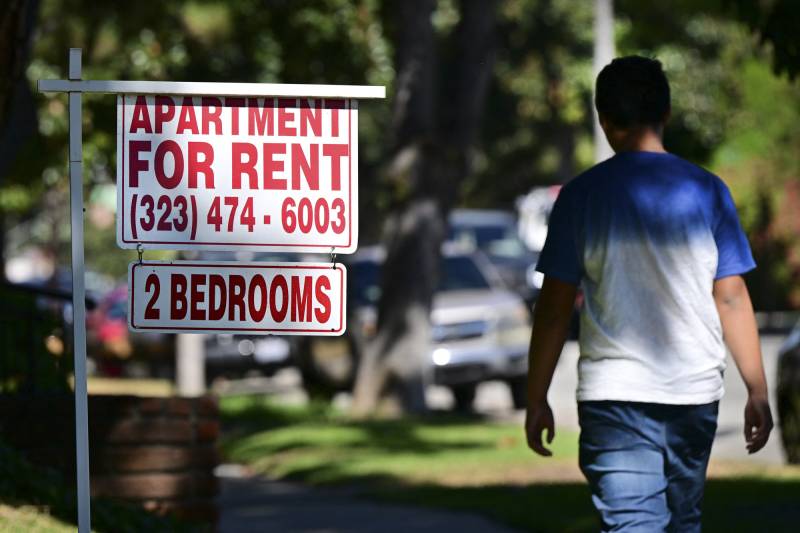Rent control has been central to this election, statewide and around the Bay Area, but early returns suggest voters have little appetite to strengthen rent regulations — with one exception: Berkeley.
Californians seem to be voting down Proposition 33, which would repeal a 1995 law, known as the Costa-Hawkins Rental Housing Act, that limits how far local governments can go with their rent control laws. The state law prohibits cities and counties from imposing rent control on all single-family homes, condos and apartments built after 1995 and ensures landlords can bring rents up to market rate when a new tenant moves in.
That race is still too close to call late Tuesday night, but that didn’t stop opponents from taking a victory lap. “For the THIRD time, Californians have said no to extreme rent control. This fight isn’t over — together with our coalition, we’ll work to actually make housing more accessible for Californians,” the No on Prop 33 campaign posted on X.
In 2018 and 2020, voters rejected similar initiatives that would have gutted Costa-Hawkins, but advocates and political leaders have increasingly turned to rent control as they struggle to rein in housing costs, and polling in California has shown an increase in support among likely voters. The policy is also gaining traction nationally, with President Joe Biden and Vice President Kamala Harris embracing it.
Russell Lowery, executive director of the California Rental Housing Association, said Prop 33’s apparent defeat reflected the No campaign’s successful messaging. “We’re glad and relieved that the voters of California have not made our housing crisis worse,” he said.

